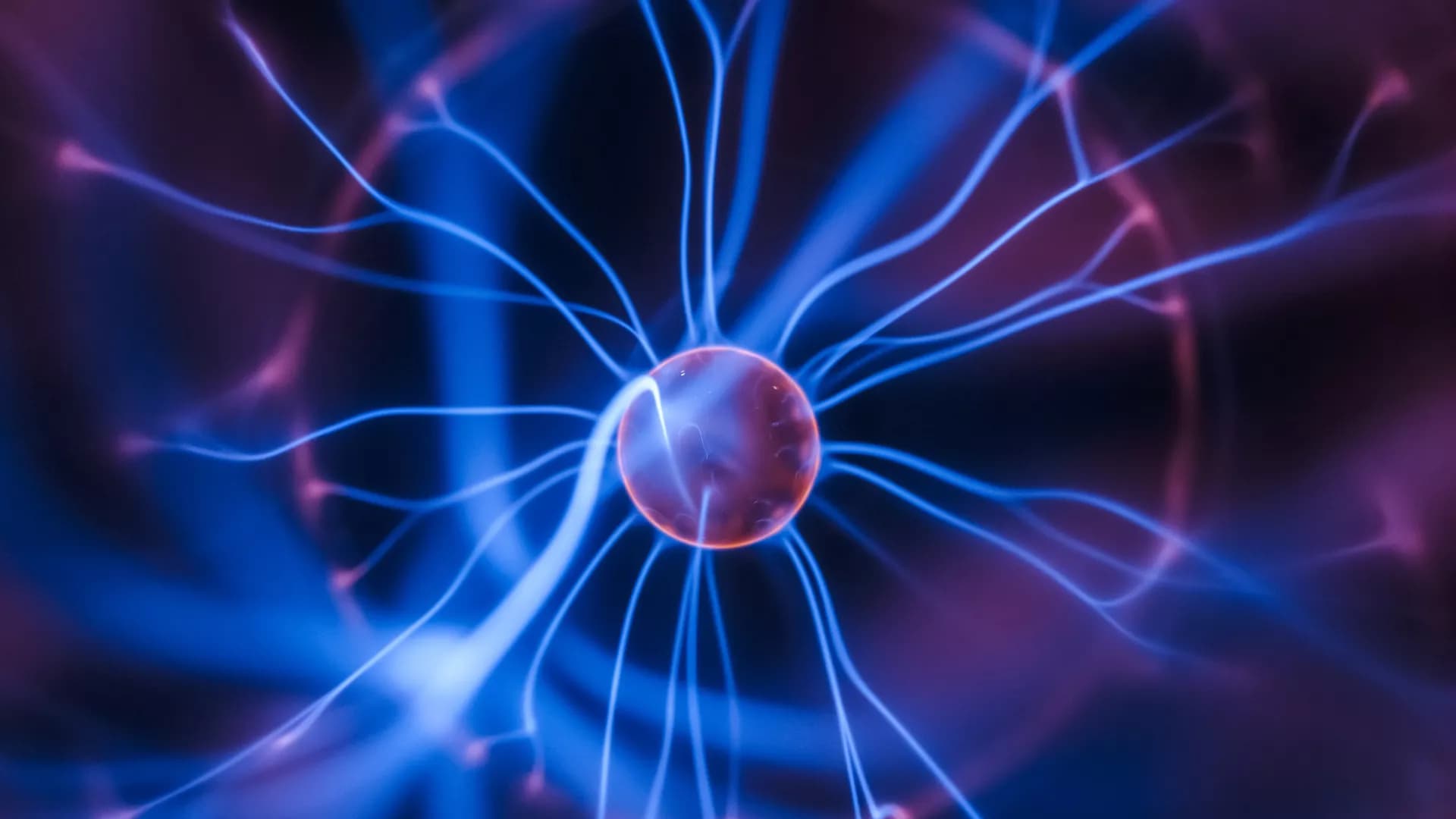Cardiovascular disease is the leading cause of death worldwide. Although significant progress has been made to elucidate the physiological mechanisms and develop therapeutic strategies for cardiovascular diseases, there still remains much to be done to overcome these fatal diseases. To achieve the goal, complete understanding of cardiovascular physiology (CP) is indispensable. Numerous in vitro and in silico models have been developed so far for the study of CP, which enabled better understanding of the working mechanisms of the cardiovascular system. In this Research Topic, we will address recent advances in the models for studying CP and study results using those models, especially focusing on cardiac electrophysiology.
The goal of this Research Topic is to collect recent advances in the research of CP using in vitro and in silico models. This collection will provide the state-of-the-art models for studying CP with emphasis on cardiac electrophysiology. This collection will also provide insights into the future directions to develop more accurate and efficient models.
The scope of this Research Topic includes, but not limited to, the following topics:
- In vitro and in silico models for cardiac function.
- In vitro and in silico models for studying electrical conduction in the heart.
- In silico studies using three-dimensional patient-specific heart models.
- In vitro and in silico models of human induced pluripotent stem cell-derived cardiomyocytes (hiPSC-CMs)
- In vitro and in silico models of hiPSC-CM spheroids and organoids
- In vitro and in silico models for obtaining field potentials from multielectrode array (MEA)
We welcome all article types published in Frontiers in Physiology including, but not limited to, Original Research, Reviews, Methods and Opinion.
Topic editor Minki Hwang is employed by AI Medic Inc. (Seoul, South Korea). All other Topic Editors declare no competing interests with regards to the Research Topic subject.
Cardiovascular disease is the leading cause of death worldwide. Although significant progress has been made to elucidate the physiological mechanisms and develop therapeutic strategies for cardiovascular diseases, there still remains much to be done to overcome these fatal diseases. To achieve the goal, complete understanding of cardiovascular physiology (CP) is indispensable. Numerous in vitro and in silico models have been developed so far for the study of CP, which enabled better understanding of the working mechanisms of the cardiovascular system. In this Research Topic, we will address recent advances in the models for studying CP and study results using those models, especially focusing on cardiac electrophysiology.
The goal of this Research Topic is to collect recent advances in the research of CP using in vitro and in silico models. This collection will provide the state-of-the-art models for studying CP with emphasis on cardiac electrophysiology. This collection will also provide insights into the future directions to develop more accurate and efficient models.
The scope of this Research Topic includes, but not limited to, the following topics:
- In vitro and in silico models for cardiac function.
- In vitro and in silico models for studying electrical conduction in the heart.
- In silico studies using three-dimensional patient-specific heart models.
- In vitro and in silico models of human induced pluripotent stem cell-derived cardiomyocytes (hiPSC-CMs)
- In vitro and in silico models of hiPSC-CM spheroids and organoids
- In vitro and in silico models for obtaining field potentials from multielectrode array (MEA)
We welcome all article types published in Frontiers in Physiology including, but not limited to, Original Research, Reviews, Methods and Opinion.
Topic editor Minki Hwang is employed by AI Medic Inc. (Seoul, South Korea). All other Topic Editors declare no competing interests with regards to the Research Topic subject.











